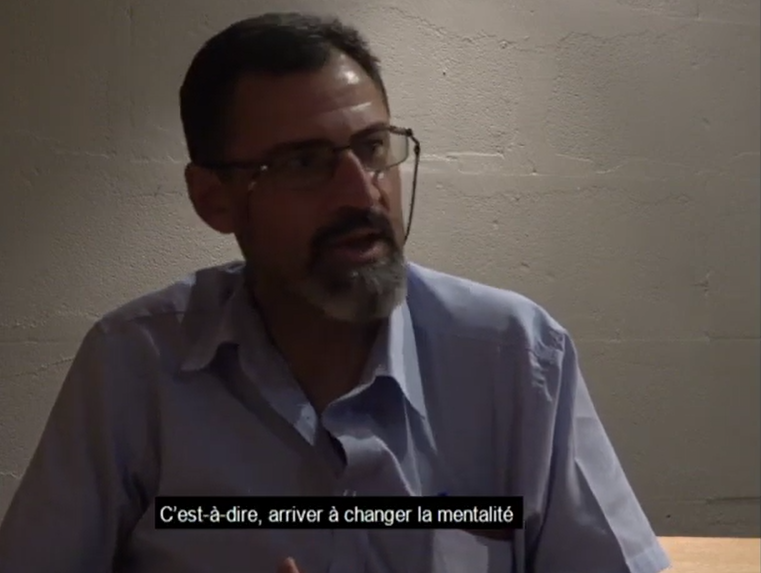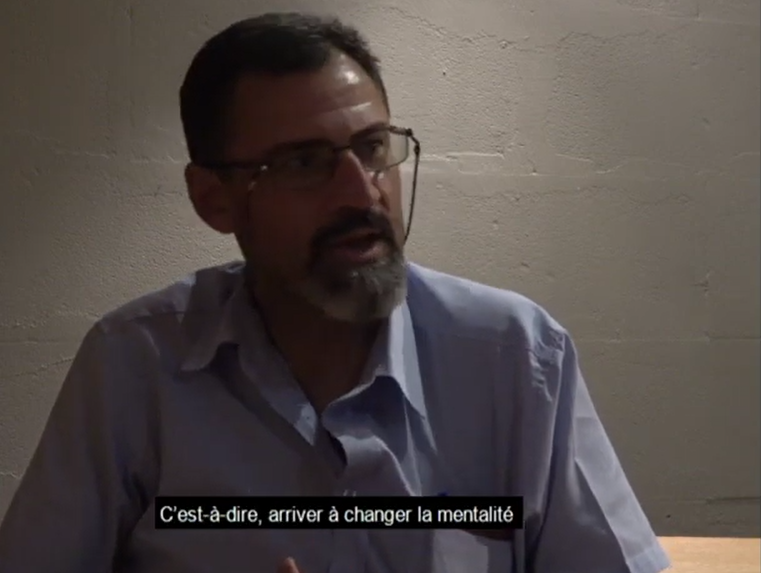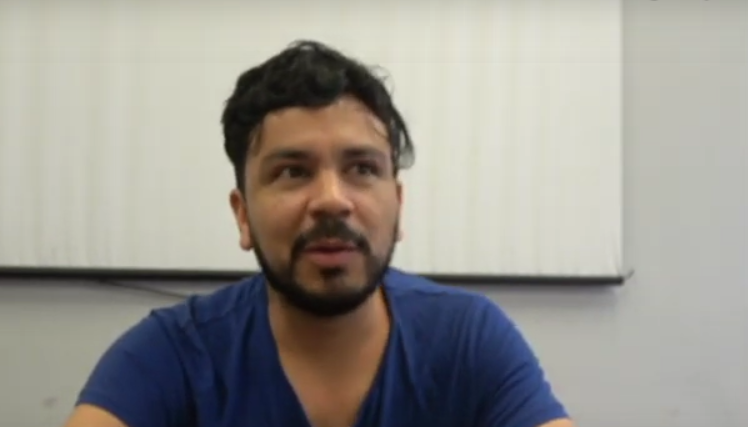Javier Jahncke is the Secretary General of Red Muqui, a network of organizations
Peruvians who accompany peoples and communities affected by extraction
mining.
Red Muqui's work focuses in particular on social consequences,
environmental and cultural effects produced by mining activities in Peru. Red Muqui defends the individual and collective rights of these peoples and contributes to strengthening their capacities to build a development model based on sustainability and Good Living (Buen Vivir).
From a political advocacy point of view, the organization calls for institutional reforms that can lead to public policies based on respect for social and environmental norms and standards.
What are the challenges faced by your organization, your country and Latin America in general?
In April 2018, during a film debate which took place at the Maison de l'Amérique Latine, Javier Jahncke presented the documentary "Historias de agua" which shows the repercussions of pollution generated by mining activity on the health of people and the environment. The documentary makes us follow the journey of the water, from its source through different cities in Peru, in order to show us the faces of the people affected by the consumption of this polluted water, in a context of climate change. Those responsible clearly emerge: both the government, private actors and groups of influence at the political level.
Could you explain to us what change brought about one of your projects in particular?
According to Javier, in order for the world to continue to exist, we must look back, look at what we have lost and open ourselves to dialogue with ancestral peoples. If globalization is important in many aspects, people's thinking and way of living must not become globalized. By listening and understanding why these communities have chosen different lifestyles, it will be possible to find alternatives to the way we live and consume, and to bring about change built from below. According to Javier, we must learn to live to serve the world in which we live.
What is your advice for citizens who want to do something to change the world today?
“I believe that the most important thing is to do something in the space that everyone
possesses. That is to say, managing to change the mentality in the space around us: in college, at school, at university. »





